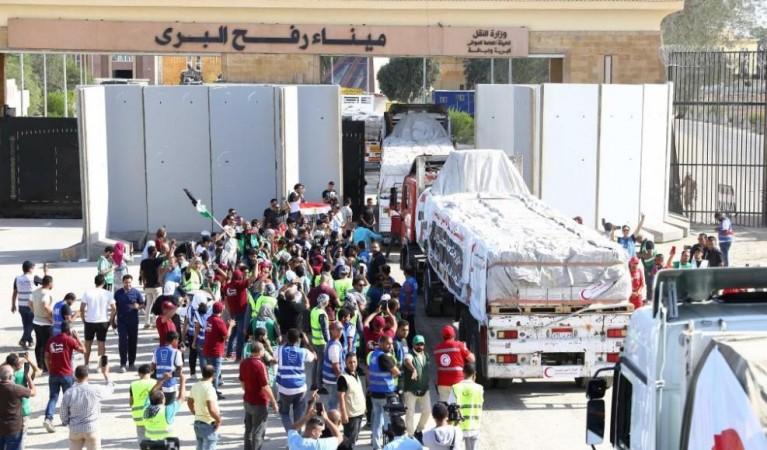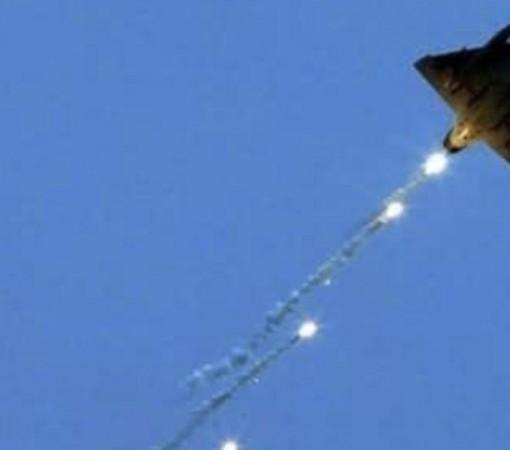
Israel's Foreign Ministry has issued a strong rebuke to United Nations Secretary-General Antonio Guterres following his comments on the humanitarian situation in Gaza. The ministry accused Guterres of spreading "blatant lies" and misrepresenting the actions of the Israel Defense Forces (IDF), asserting that the IDF does not target civilians. This response came after Guterres called for an immediate ceasefire in Gaza, highlighting the severe humanitarian crisis and stating, "People are being killed for simply trying to feed themselves and their families. The search for food must never be a death sentence."
The Israeli Foreign Ministry's statement was unequivocal, accusing the UN of using a "deliberate tactic" to blame Israel for its own failures and the actions of Hamas. The ministry emphasized that the Gaza Humanitarian Foundation (GHF) has provided over 46 million meals directly to Palestinian civilians, not to Hamas, and accused the UN of opposing these efforts. Furthermore, Israel accused the UN of aligning itself with Hamas, which it claims is attempting to sabotage the GHF's humanitarian operations.
The ministry also addressed the issue of civilian casualties, asserting, "The IDF never targets civilians, and anyone claiming otherwise is blatantly lying. It is Hamas that is deliberately targeting and murdering GHF aid workers—a crime the UN has never condemned—and is also targeting civilians who are trying to collect aid from the GHF." The ministry posed a critical question to the UN: "Does it prefer to preserve its monopoly and a system that benefits Hamas—thereby prolonging the war—or is it interested in delivering humanitarian aid to civilians in Gaza?"

International Reactions and Developments
Israeli Prime Minister Benjamin Netanyahu and Defense Minister Israel Katz also weighed in on the matter, issuing a joint statement that reiterated the IDF's commitment to avoiding harm to innocents. They described reports suggesting that IDF soldiers were ordered to shoot unarmed Gazans as "malicious falsehoods" and emphasized the IDF's status as the "most moral military" in the world.
The conflict in Gaza has been ongoing since 2023, following a Hamas attack on Israel that resulted in the deaths of approximately 1,200 people and the taking of 251 hostages. In response, Israel vowed to dismantle the Hamas organization. The situation has drawn international attention, with various global leaders and organizations weighing in on the crisis.
U.S. President Donald Trump recently expressed optimism about a potential ceasefire in Gaza, stating, "We think within the next week we're gonna get a cease-fire." He acknowledged reports of aid theft but noted improvements in delivery mechanisms, saying, "Some of it's being taken by bad people. You give it out and some people end up stealing it and selling it. We have a pretty good system now."
The humanitarian situation in Gaza remains dire, with the UN Office for the Coordination of Humanitarian Affairs (OCHA) reporting over 19,000 cases of acute watery diarrhea and other health issues. The ongoing conflict has also led to mass casualty incidents, such as the airstrike on Al Aqsa Hospital in Deir al-Balah, which resulted in numerous deaths and injuries.
Historical Context and Challenges
The international community continues to grapple with the complexities of the Gaza conflict. The UN has condemned the killing of 1,000 people in Gaza since the collapse of a previous ceasefire, with officials describing the situation as "a war without limits." The humanitarian crisis has prompted calls for immediate action, with leaders like U.S. President Joe Biden, UK Prime Minister Keir Starmer, and French President Emmanuel Macron emphasizing the "immediate necessity" to end the war.
Historically, the Israeli-Palestinian conflict has seen numerous similar episodes of tension and violence. The ongoing struggle for control and recognition has led to repeated cycles of conflict, ceasefires, and international interventions. The current situation in Gaza is reminiscent of past conflicts, where humanitarian concerns have often been overshadowed by political and military objectives.
In the broader context, the Israeli-Palestinian conflict has been a focal point of international diplomacy for decades. Efforts to broker peace have included various initiatives, such as the Oslo Accords in the 1990s, which aimed to establish a framework for resolving the conflict. However, these efforts have often been hampered by mutual distrust, political changes, and external influences.
The current crisis in Gaza underscores the challenges of achieving a lasting peace in the region. The humanitarian toll is significant, with civilians bearing the brunt of the conflict. The international community faces the difficult task of balancing humanitarian aid with political considerations, as well as addressing the root causes of the conflict.
As the situation unfolds, the role of international organizations like the UN remains crucial. The UN's ability to mediate and facilitate dialogue between conflicting parties is essential for any potential resolution. However, the organization's effectiveness is often limited by political dynamics and the interests of its member states.
In conclusion, the recent exchange between Israel and the UN highlights the complexities of the Gaza conflict. The humanitarian crisis continues to escalate, with both sides accusing each other of violations and misdeeds. The international community must navigate these challenges carefully, prioritizing humanitarian needs while seeking a sustainable solution to the conflict. The historical context of the Israeli-Palestinian conflict serves as a reminder of the difficulties in achieving peace, but also underscores the importance of continued efforts towards dialogue and reconciliation.












